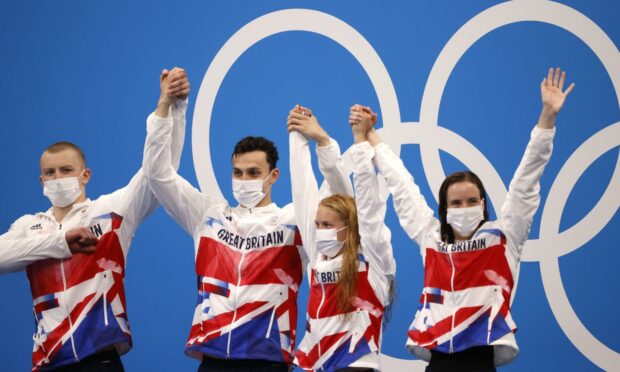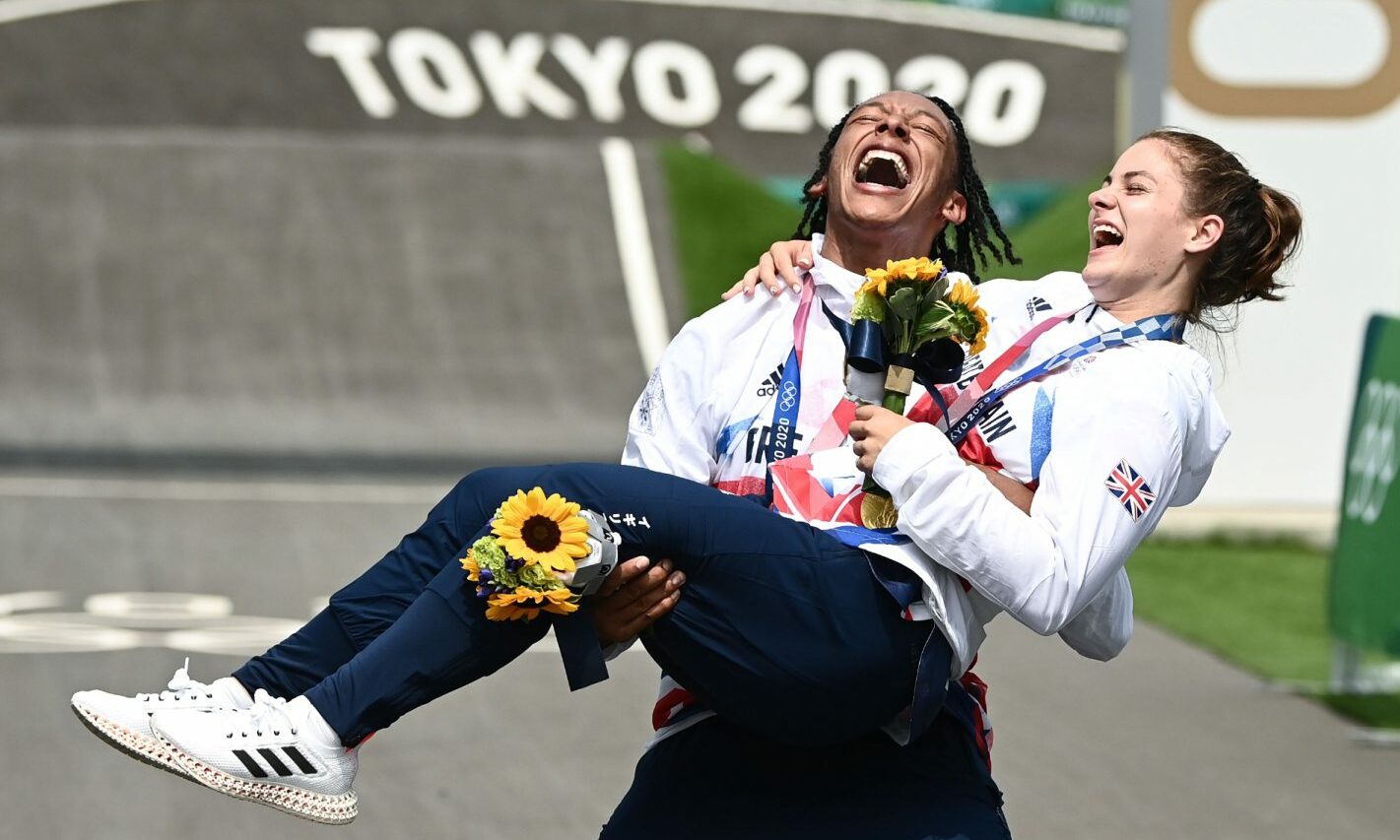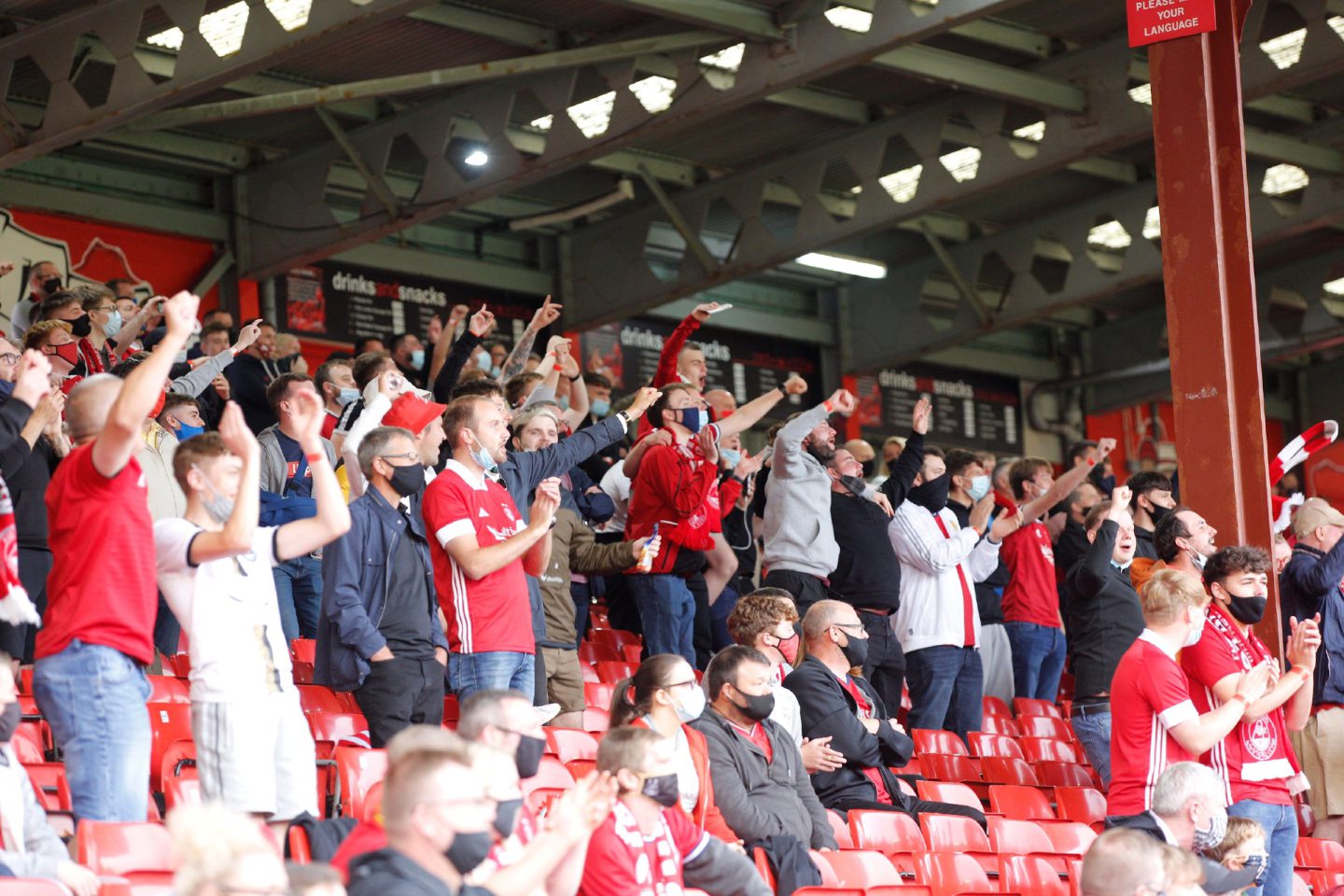Many sporting events pass me by, but not the Olympics. The extensive television coverage, together with high viewing figures, suggest that I am not alone in this.
Many of us will stop and watch Olympic highlights when at other times we might have found something else to do. Why is this?
Well, maybe it is about the excellence before our eyes. We know that we are watching the very best in the world, not just in one sport but in many. The variety is amazing and awe-inspiring. What we see tells us that the human body is astounding.
As we watch people swim and dive and run and lift and so on, we observe bodily control of the highest level. As the BMX bike spins through the air, or the gymnast tumbles across the floor, we marvel that any person can know which way is up. How on earth do they do these things?
Then, in sport after sport, those who are already excellent in their fields raise themselves to another level and produce a personal best. Usually, although not always, this results in the prize – a medal.
These are the best moments, when people achieve their best and are rewarded. The medal ceremonies are often the most moving events, when all of the effort and achievement come together with national identity.
No one can be brilliant on their own
This year, although Olympians have been able to travel to Tokyo, so many of their supporters have not. TV stations have been doing a very good job of speaking with families and friends at home. How proud they are, and how relived after all that effort.
And of course the effort does not just come from the athlete, but the supporters. There are parents who have got up in the middle of the night for years to take their child to the swimming pool. Friends and coaches have stood in the rain at athletic tracks. Kits have been washed, family diets adjusted. For many a whole household has been reconfigured around the sporting talent of just one member.
In the interviews following the winning of medals, parents and friends are so moved that they go between laughter and tears. It is as though the achievement of the one they have loved, encouraged and supported was also, in some way, theirs. This indeed is the case – it is.
From the stories of the families and friends at home we remember that, in fact, no one can be brilliant on their own. Everyone needs support in order to be their best. This is true not just in sport, but also in music and the arts.
So just imagine what it might be like if we learned from the home teams, the supporters, what it means to help someone else do their best. What would it be like to have this kind of commitment in others for more ordinary things?
Encourage someone you know towards a personal best
We might all know someone who is quite good at something they do every day. They might be a carer, or maybe they are skilled at preparing meals. They might be a good neighbour, the kind of person who notices the needs of someone who lives next door. They might be a very good shop assistant or tradesperson.
If someone supported you better in what you do every day, how might you improve and how would this make you feel?
If we were able to really notice the gifts that others have, however “ordinary”, and then offer support and encouragement on a regular basis, what might these gifts become? What might the person achieve? If someone supported you better in what you do every day, how might you improve and how would this make you feel?
It might not take the same kind of efforts as supporting an Olympic swimmer, but giving a little more time to those we meet through the normal routines of life might enable others to do their best, with all the good feelings that come with this.
As people get better at what they do, self-esteem increases and, often with this, mental health improves. For all of us, getting our bodies and minds synchronised can lead to a feeling of wellbeing – we can feel good about ourselves.
So here is what we might do today. Notice what someone else does well and thank them. Thank them for their effort. Tell them why it means something to us to see them at work or play. Maybe this will encourage them towards a personal best.
The Rt Rev Anne Dyer is Episcopalian Bishop of Aberdeen and Orkney and Scotland’s first female bishop













